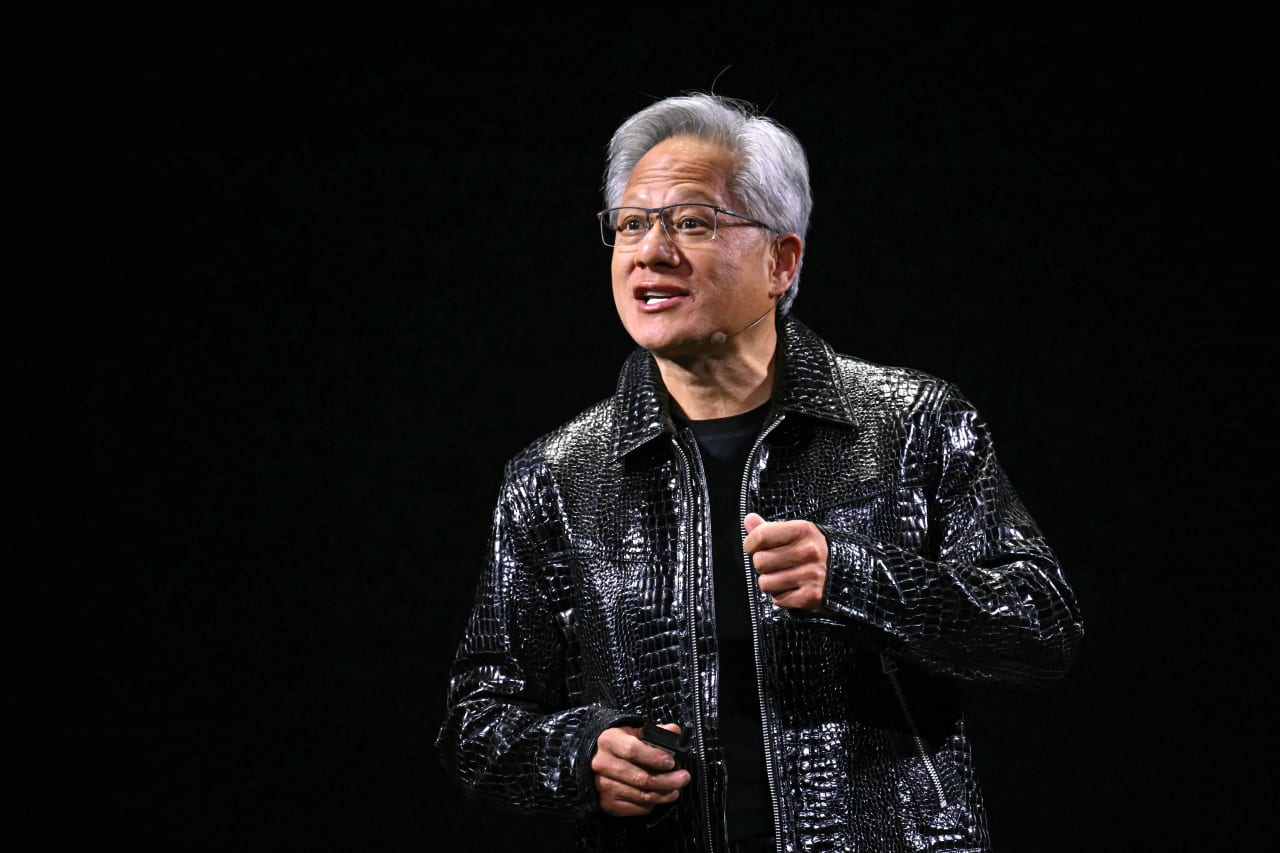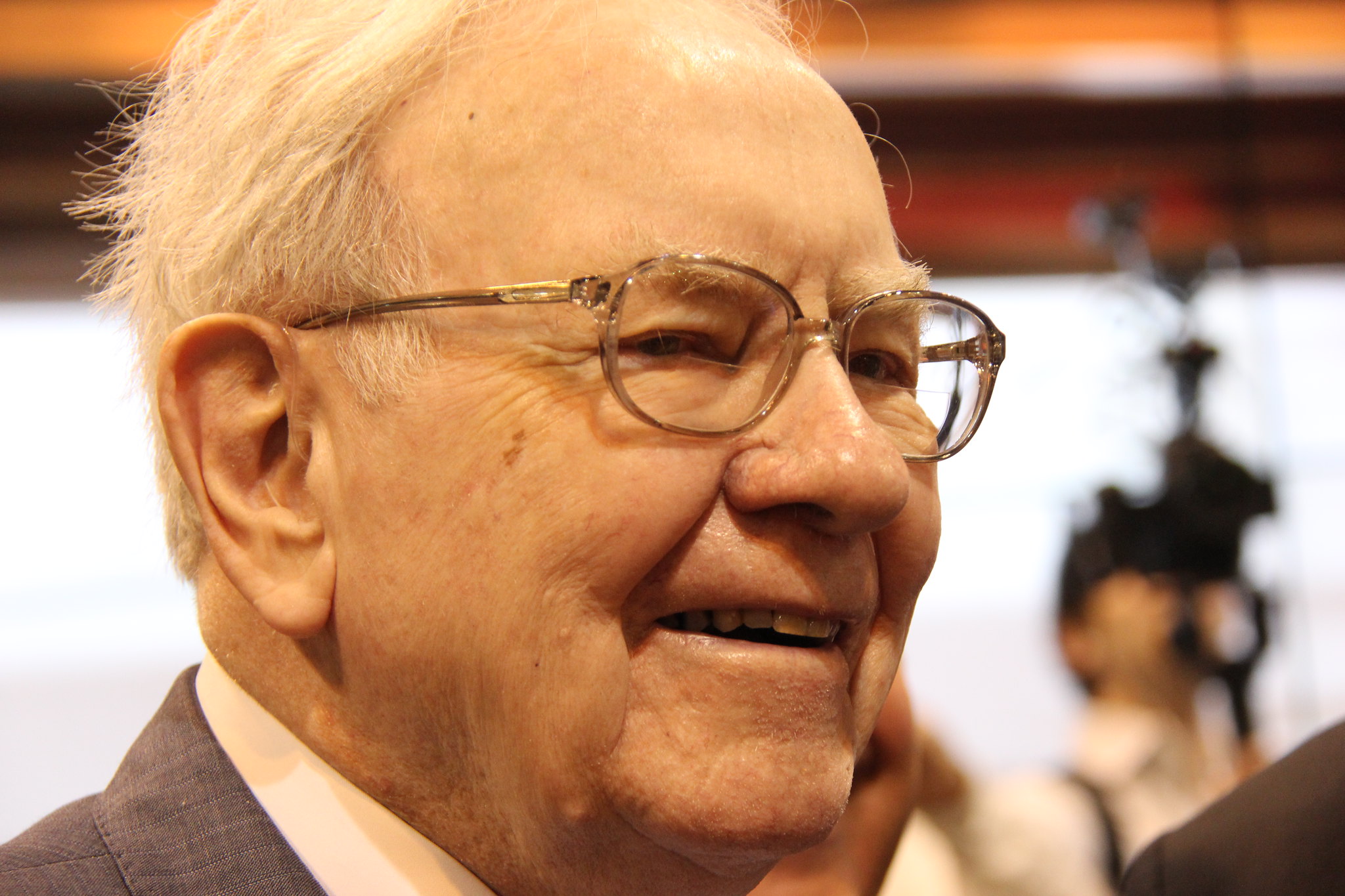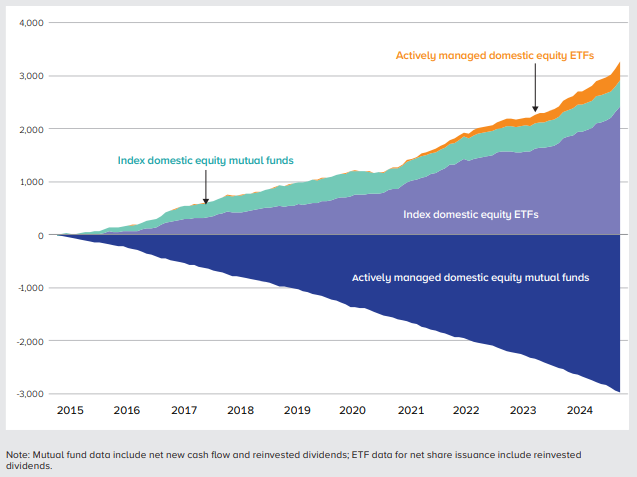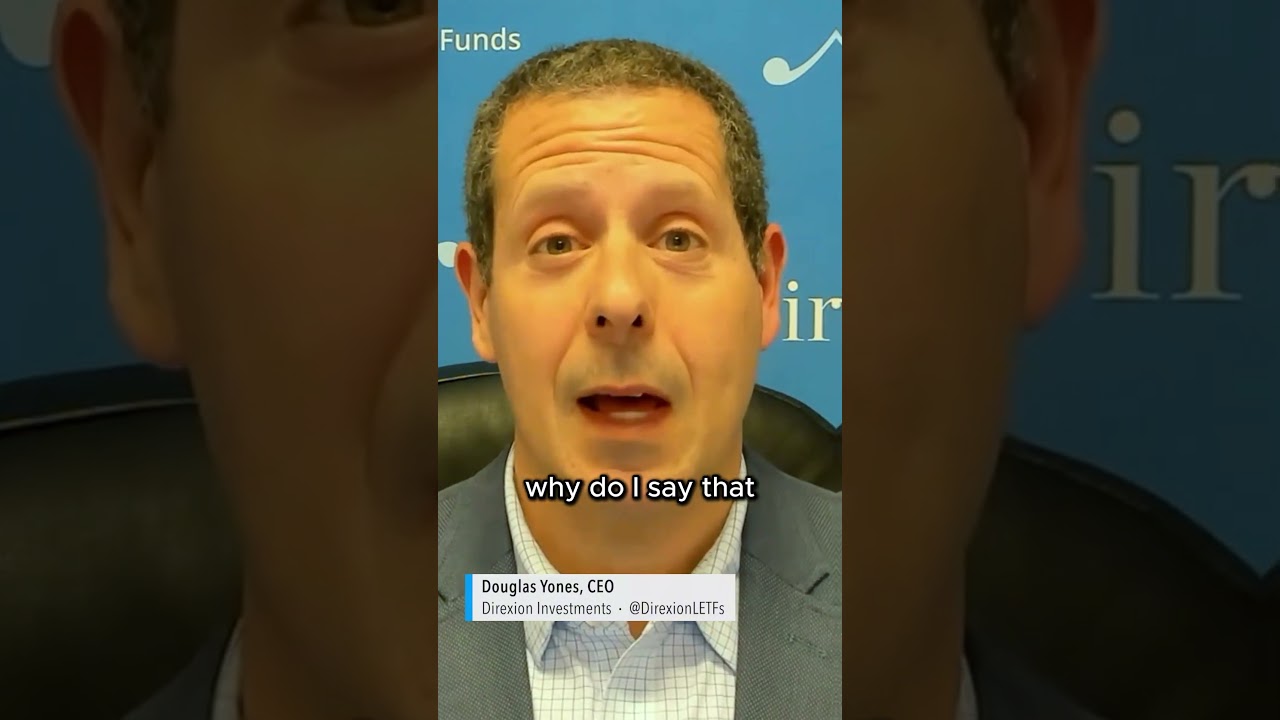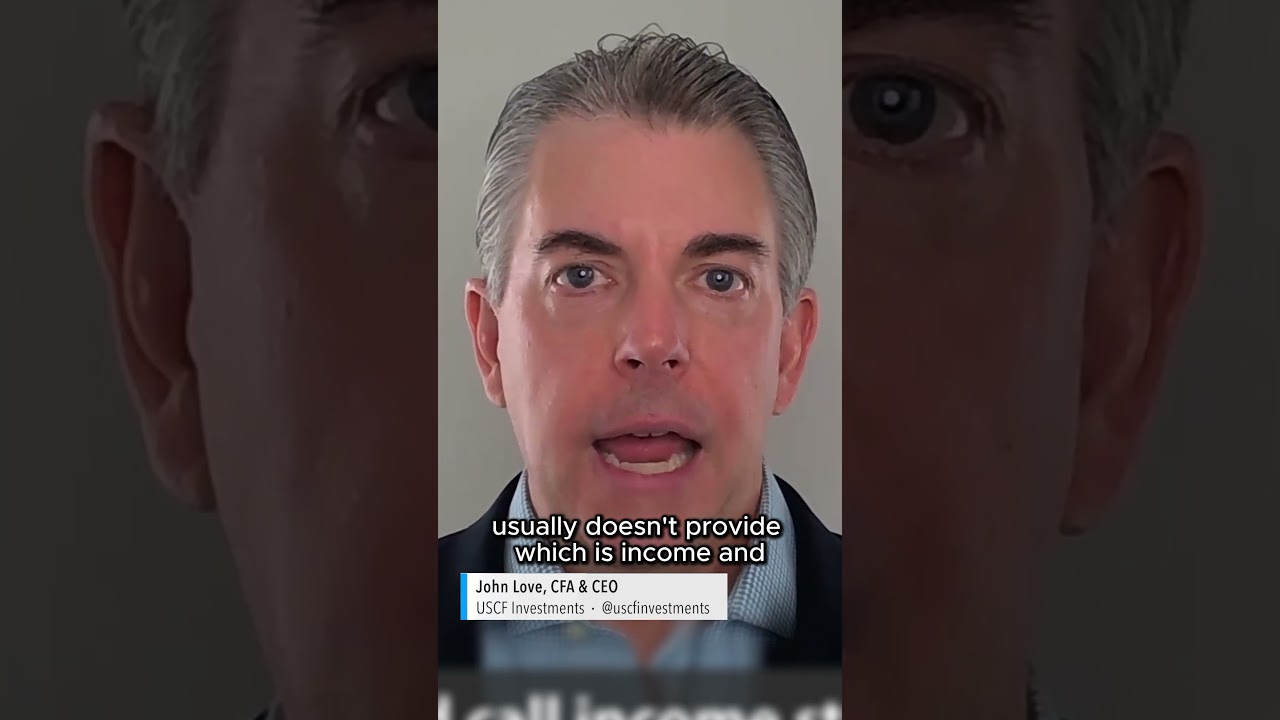At 63, My Disappointment Has Me Wanting to Disinherit My Children
Estate planning can be a stressful endeavor under the best of circumstances. When you add in strained family relationships, it becomes much trickier to navigate. As someone who has spent their life create a legacy of a strong work ethic, discipline and commitment, you want to ensure that the beneficiaries of all that hard work […] The post At 63, My Disappointment Has Me Wanting to Disinherit My Children appeared first on 24/7 Wall St..

Key Points
-
After spending your entire life building a legacy, you are entitled to leave your estate to whomever you want.
-
At 63, you still have time on your side, so you may want to leave room for the possibility of reconciliation.
-
You are in the driver’s seat when it comes to leaving an inheritance to future generations or elsewhere.
-
Are you ahead, or behind on retirement? SmartAsset’s free tool can match you with a financial advisor in minutes to help you answer that today. Each advisor has been carefully vetted, and must act in your best interests. Don’t waste another minute; get started by clicking here.(Sponsor)
Estate planning can be a stressful endeavor under the best of circumstances. When you add in strained family relationships, it becomes much trickier to navigate. As someone who has spent their life create a legacy of a strong work ethic, discipline and commitment, you want to ensure that the beneficiaries of all that hard work are deserving of it. At 63 years old, you are approaching retirement age and might find yourself at a crossroads of estate planning. The good news is that you are in the driver’s seat when it comes to leaving an inheritance to future generations or elsewhere.
If the decisions of your children and grandchildren have left you disappointed in life, you may seriously be considering leaving them out of your will. Contemplating this choice could potentially introduce feelings of guilt that complicate the decision, which may explain why you are looking for advice. Something to consider is that if you leave your family out of your will, you are in good company.
Billionaire investor Warren Buffett intends to leave the lion’s share of his fortune to philanthropic endeavors. Microsoft (Nasdaq: MSFT) founder Bill Gates has made a similar pledge. While the reasons might be different, the end result would be similar if you choose to go this route. The silver lining here is that you may have more options than you realize when it comes to leaving your hard-earned legacy intact.
Your Legacy, Your Decision
You are under no legal obligation to leave an inheritance to your children or grandchildren. So if they’ve disappointed you in life, take the pressure off yourself. While the same laws do not hold true for a spouse, who is entitled to an inheritance, your kids and grandkids are a different story.
Whatever assets you have accumulated in life—be it real estate, vehicles, art, or something else—are yours to give as you see fit. You have the power to distribute them to anyone you value or who aligns with your beliefs. If your kids have left you disappointed in life, you could entrust your legacy to other family members, friends, or even organizations that fight for a cause you believe in, taking a page out of the books of Buffett or Gates.
The important thing to remember is that your wishes will only be honored if you take the time for estate planning. Otherwise, your estate would become subject to intestacy laws, creating an opening for the court to appoint an administrator of the estate who then inherits the power to decide how your assets are divided. You run the risk of your inheritance landing in the hands of the very people you are trying to leave out for disappointing you – your children and grandchildren.
To avoid this, you’ll want to engage the services of a professional estate planning attorney to make a plan, whether it’s a trust or something else, that will hold up in court. If your family is as difficult as you say, chances are they may try to challenge your decision in court. That’s why you’ll want to be sure to close any loopholes sooner rather than later, even with time on your side.
Father Time
While the right to direct your assets is unequivocally yours, it clearly is not a decision to be taken lightly. Emotions are driving your decision and feelings can be fickle. In time, your emotions could evolve to the point where you want to leave your legacy to future generations beyond those you know today.
Fortunately, estate planning can be a nimble process that leaves room for changes down the road should you reach a truce or observe maturity in your kids. With the average life expectancy at 77.5, you still have time on your side.
Let’s say you’re keeping your family at arm’s length because of their reckless spending or other harmful habits that could spill over into finances. As a workaround, you could establish a trust and dictate the parameters in which the funds are released and to whom. So if you want to see your grandchild graduate from college or achieve a certain level of savings first, design the trust with benchmarks and place the onus on them.
This is only a suggestion, considering the gravity of the decision you are making. Only you can decide whether they could potentially deserve a second or third chance. By adding conditions to your estate planning, you leave open the possibility for the situation to improve, which could alleviate stress. The fact that you’re asking about it suggests that you are on the fence. On the other hand, you may find greater joy and confidence in leaving the funds to some cause or organization in which you strongly believe.
Regardless of your decision, we urge you to discuss your situation with a financial planner, an estate planner or both so you can harness their expertise. They do this for a living and can present all your options to ensure that the legacy you leave behind matches what you’ve worked your whole life to build. If this means leaving family out, Buffett and Gates remind us you wouldn’t be the first.
The post At 63, My Disappointment Has Me Wanting to Disinherit My Children appeared first on 24/7 Wall St..





















